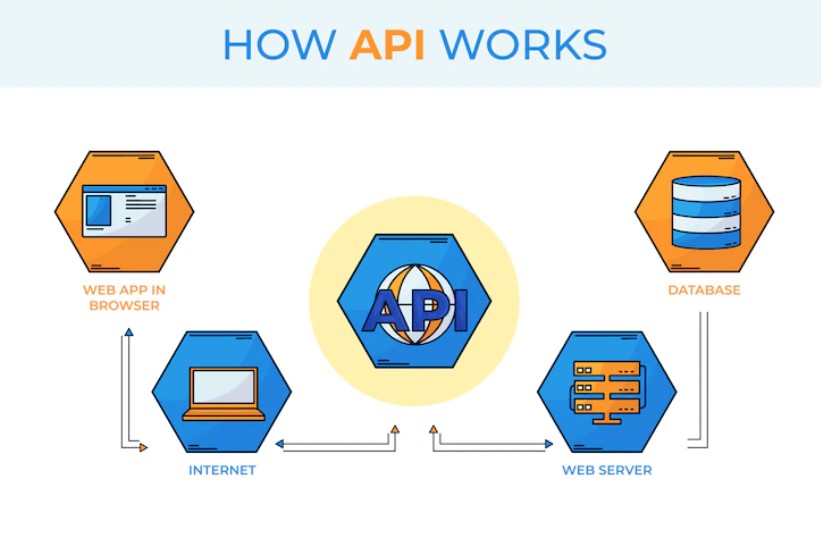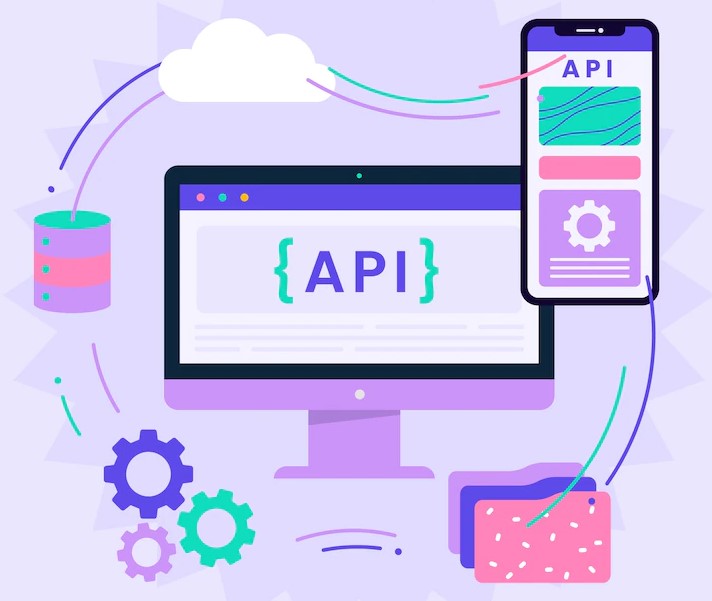
In recent years, you have surely heard the term “API” more and more. What if web API, API types or API integration, for example. And yes, companies today are focused on investing in API development, since in this way they can speed up and facilitate communications between their applications and third-party applications.
“An API or application programming interface is a set of definitions and protocols used to design and integrate application software. APIs allow your products and services to communicate with others, without the need to know how they are implemented”, Red Hat explained on its website.
But there is also the REST API or REST API, which are very useful today. But what is this term? IBM defines it as follows: “A REST API is an API that conforms to REST design principles, an architecture style also called representational state transfer. For this reason, REST APIs are sometimes called RESTful APIs".
The functionality of REST APIs explained by a specialist
This topic of REST APIs can be complex, but the developer Víctor Robles explained the most important aspects on his YouTube channel. And this is how he defined the REST APIs himself:
“It is a web application on the backend side, in which we have a series of configured routes, a series of configured methods, which perform certain functionality of interaction with the database, logic, etc, that can be consumed through the protocol HTTP by any type of client, be it web, mobile device or anything that understands the HTTP protocol”.
It is about developing various methods for each of the operations carried out by users on an application platform: “We are going to define, we are going to develop a series of methods in the backend, a method for registering the user, a method for make a record, a method to create x thing in our application (...) and then we will define a route for each one of those methods and each one of those routes will have a different HTTP method”, he detailed in one of the videos of his YouTube channel.
He highlighted that the development of REST APIs is becoming more and more popular: “The development of REST APIs or RESTFUL APIs is on the rise because Javascript, with the frameworks it has, is also revolutionizing the development of client-side applications, frontend development . More and more applications are being developed with frameworks like Angular, in which we basically have the backend isolated from the frontend, so we are making ajax requests all the time to get the data from the backend and have it in the frontend”.

With the use of API REST, according to this expert, much more dynamic and faster applications can be achieved: “The trend is for web pages to be separated into two parts, the backend and the frontend, completely separate. From the frontend we make ajax requests to the backend, we get the data and we do the interaction with the backend and with the database and all that. So, in the end, the web page is a client of the backend”.
“They are faster applications because by not having to do all the data processing but simply making ajax requests, they are much more attractive and the usability is much greater”, he assured.
Why is it REST?
This is explained very well in an article on the Information-Technologies portal: “REST is a simple way of organizing interactions between independent systems. It has been growing in popularity since 2005 and inspires the design of services such as the Twitter API. This is due to the fact that REST allows you to interact with minimal overhead with clients as diverse as mobile phones and other websites.”
REST API Best Practices for Developers
If you are a developer, take a look at these best practices when working with REST APIs so that your work is much cleaner and more efficient for both the company and the end user.

- “The OpenAPI Specification (OAS) establishes an interface to describe an API in a way that allows any developer or application to discover it and fully understand its parameters and functionality, including available endpoints, operations allowed on each endpoint, operation parameters , authentication methods and other information. The latest version, OAS3 (external link to IBM), includes practical tools, such as OpenAPI Generator, to generate API clients and server stubs in different programming languages”, detailed IBM in a specialized article.
- "The security of a REST API also begins with industry best practices, such as the use of hashing algorithms to ensure password strength and HTTPS to ensure secure data transmission," they added on the topic of the security.
- By using a timestamp in the HTTP header, an API can also reject any request that arrives after a certain amount of time. Parameter validation and JSON web tokens are other ways to ensure that only authorized clients can access the API.
We recommend you on video

